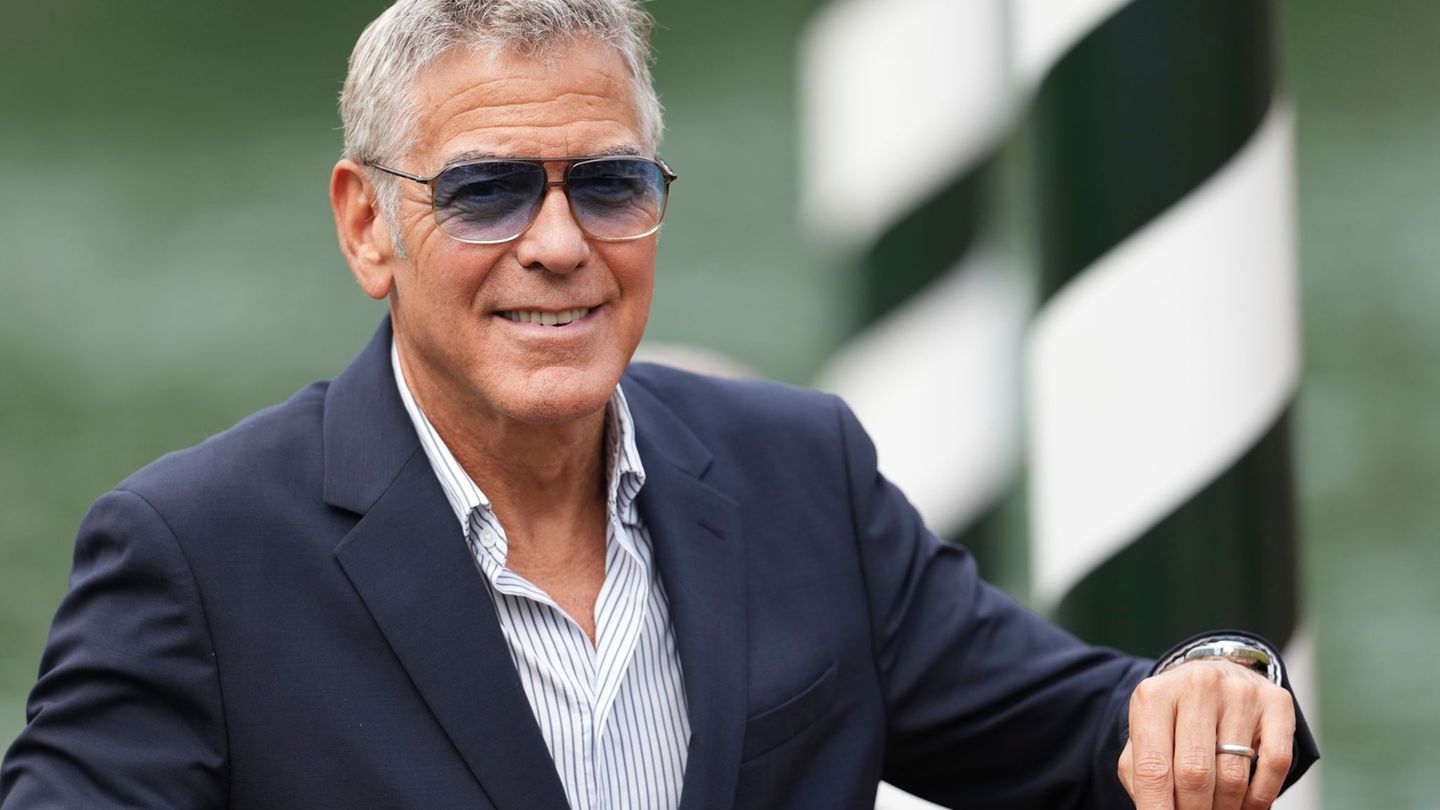So far, UN Secretary-General Guterres has been a diplomatic spectator of Russia’s war of aggression. Now he dares to travel to Russia and Ukraine. It is also about the future of the United Nations.
It was late February when António Guterres made his most dramatic appearance as UN Secretary-General.
At a hastily called emergency Security Council meeting in view of the impending Russian invasion of Ukraine, the otherwise sober-looking Portuguese looked straight into the camera: “President (Vladimir) Putin, stop your troops from attacking Ukraine, give it to him peace a chance».
It was only 30 minutes before an employee whispered in his ear during the meeting that the man in the Kremlin had just given the order for the invasion. Guterres could only watch the war begin. Now, two months later, the Secretary General is trying to free himself from his diplomatic impotence with what is probably the most important trip of his career.
The declared goal is a ceasefire
After a visit to Turkey, the UN chief will first meet Putin in the Kremlin on Tuesday before visiting Ukrainian President Volodymyr Zelenskyy on Thursday. Guterres’ stated goal is to achieve a ceasefire. “Urgent steps” would have to be taken to establish peace, he recently announced – but beyond that he kept a low profile about his role as mediator. However, his focus should also be on escape routes for civilians and securing humanitarian aid.
Richard Gowan, UN expert for the Crisis Group think tank, doubts how much Guterres can achieve. After the Secretary General had misjudged for a long time and was still certain until shortly before the start of the war that Putin would not risk an invasion, he subsequently spoke out unusually sharply against Moscow. The fact alone that Putin will now receive him is therefore already a success, according to Gowan. “But that doesn’t necessarily mean that Russia sees him as a useful intermediary. Moscow may only see the meeting as a public relations opportunity.”
Dismay at the UN’s loss of importance
For Guterres, the trip is a chance to upgrade his own role. The United Nations is under pressure because of his long reluctance to travel without international travel and only make a few phone calls to government officials. Some wonder what the organization means if it cannot stop such a war. An accusation that is not entirely fair: Anyone who denies the UN’s right to exist overlooks the immense diplomatic success that there has not been a war between two or more great powers since it was founded in 1945. And in the end, the United Nations is above all the arena for the countries of the world – and therefore only as functional as its members agree. Nevertheless, the tone in the corridors of the UN headquarters in New York is getting sharper: Guterres, who started his second and last term of office at the beginning of the year, has to take more risks, contrary to his nature, in order to provide impetus. Most recently, more than 200 high-ranking former UN officials put pressure on the Secretary-General. In a letter, they urged him to do more for a peace solution. “We are appalled by the alternative that the United Nations is becoming increasingly irrelevant,” they wrote.
One of the signatories was UN veteran Andrew Gilmour. He is head of the Berghof Foundation in Berlin and was Deputy UN Secretary-General for Human Rights until 2019. Guterres’ predecessors had also taken into account in previous conflicts that their personal image would suffer or they might even look stupid if they didn’t achieve anything, he told the BBC. “The point is: he still has to try.”
Politically, the United Nations may be increasingly blocked, above all by Russia’s veto power in the Security Council. A look at Geneva shows the important role played by the UN despite or precisely because of the war. Numerous humanitarian UN organizations are based there, which take care of the victims of the war.
A few examples: The World Health Organization (WHO) distributed the most necessary medicines and basic supplies to 7.5 million people in Ukraine for three months. The World Food Program (WFP) provides millions of people with food or money for shopping. The United Nations High Commissioner for Refugees (UNHCR) has delivered tons of supplies such as solar lamps, hygiene supplies, baby food and blankets to contested areas. The Organization for Migration (IOM) is setting up hotels and dormitories as temporary housing for a million displaced people.
Also in view of this large humanitarian footprint of the world organization, UN expert Gowan sees the trip to Ukraine as an opportunity for the Secretary-General to send an international signal: “Guterres should consider asking for an additional trip to Mariupol to get an idea of the suffering and possibly facilitate the departure of civilians from the city. It would be a high-risk move, but it would also be a strong humanitarian gesture.”
Source: Stern
David William is a talented author who has made a name for himself in the world of writing. He is a professional author who writes on a wide range of topics, from general interest to opinion news. David is currently working as a writer at 24 hours worlds where he brings his unique perspective and in-depth research to his articles, making them both informative and engaging.




